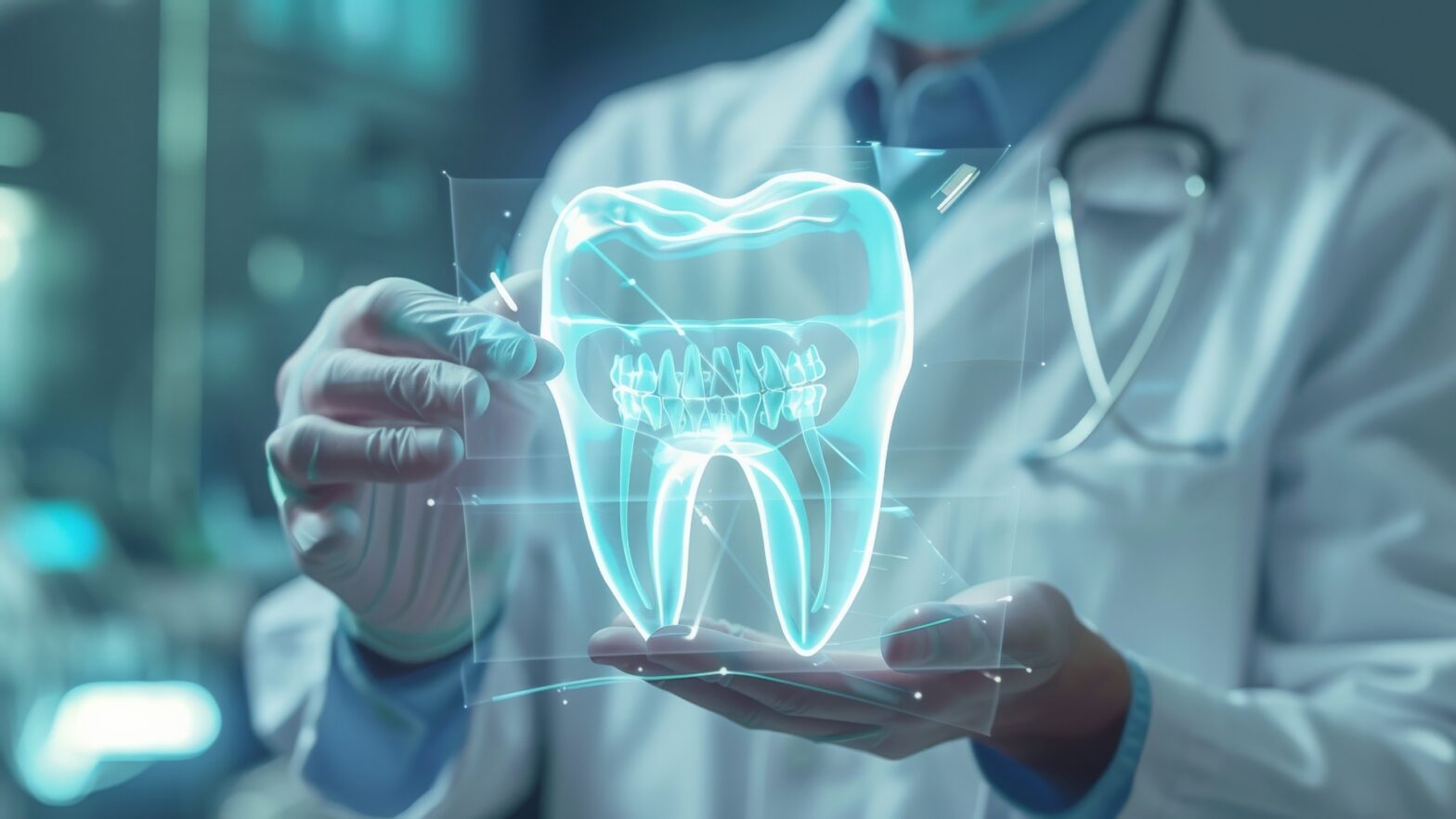Dental health is a critical component of overall well-being, yet many individuals face challenges that require teeth repair at some point in their lives. Whether due to decay, injury, or wear and tear, the options available for restoring dental health are numerous and can be tailored to meet the needs of each patient.
Read on to learn your options for teeth repair.
Common Causes Of Dental Damage
Before delving into the various options for dental repair, it’s crucial to grasp the myriad causes of dental damage. Factors like cavities and gum disease are well-known culprits, often resulting from poor oral hygiene or dietary choices. Traumatic injuries, such as those from accidents or sports, can cause immediate and severe damage.
Additionally, some individuals may be genetically predisposed to dental issues like enamel hypoplasia or periodontitis, which can compromise tooth integrity.
Understanding these root causes is essential in choosing the right treatment plan. Therefore, it’s best to consult professionals like my dentist or other specialists in your area to determine the most effective solution.
Tooth Decay And Cavity Repair Options
Cavities occur when bacteria wear away the tooth enamel, among the most common dental problems. Fillings are usually used to repair cavities. Dentists can make fillings from different materials such as amalgam silver, resins and ceramics all having their benefits and disadvantages. What determines the choice of material is how much decay has occurred, where the tooth is situated, and aesthetic considerations.
Restoring Broken Or Chipped Teeth
Dental bonding, veneers, and crowns are some of the options for teeth that have been chipped or broken. In this case, a tooth-colored composite resin is applied to the damaged part of a tooth with dental bonding after which it’s shaped using a blue light. This method is cost-effective which makes it ideal for minor repairs.
Alternatively, veneers refer to thin layers of resin or porcelain put on top of the front side of patient’s teeth to give a new face lift. On their part, crowns restore both shape size strength as well as appearance by capping the whole tooth in question so that it resembles its normal self again. However, they mostly occur in more severe damages.
Solutions For Missing Teeth
Missing teeth can affect a person’s smile and their ability to chew and speak properly. Dentures, bridges, and dental implants are three common solutions for replacing missing teeth. Dentures are removable and can replace a few or all teeth. Bridges are used to fill the gap of one or more missing teeth, anchored by neighboring teeth.
Dental implants involve inserting a titanium post into the jawbone, which serves as a foundation for an artificial tooth. They’re the most durable and functional option, closely mimicking natural teeth.
Advanced Dental Restoration Techniques
Advanced technologies and techniques, such as inlays and onlays, can also provide effective solutions for teeth repair. Inlays and onlays are made from porcelain, gold, or composite materials and are used to fix teeth with decay or damage that doesn’t warrant a full crown. They’re custom-made in a lab and then securely bonded to the tooth.
Considerations For Root Canal Treatment
When a tooth’s damage extends to the nerve, root canal therapy becomes necessary. This dental procedure entails the removal of the tooth’s infected or inflamed pulp—the soft core within a tooth. The dentist cleans and disinfects the inner chambers and canals of the tooth to eliminate bacteria and prevent further infection. After thoroughly sterilizing the area, the canals are filled and sealed to restore the tooth’s structure. The final step often involves covering the tooth using a crown or filling to enhance its strength and functionality.
Contrary to its daunting reputation, root canal therapy is typically pain-free, thanks to modern techniques and anesthesia. It effectively saves the natural tooth and prevents additional dental complications.
Preventive Measures And Maintenance
Maintaining repaired teeth is essential to prolong their lifespan and functionality. Regular dental check-ups are vital to monitor the condition of dental work and address any emerging issues promptly. Proper oral hygiene, including thorough brushing and flossing, effectively prevents plaque buildup and protects against decay.
Additionally, it’s important to avoid harmful habits such as smoking and excessive consumption of sugary foods and beverages, which can deteriorate dental restorations. Adopting protective measures, such as wearing mouthguards during sports activities, can also prevent physical injuries that might compromise repaired teeth. These proactive steps are key to preserving dental health and ensuring the durability of dental treatments.
Conclusion
The field of dental repair offers a variety of solutions tailored to address different types of damage and restore oral health effectively. By consulting with skilled dental professionals, you can choose the most appropriate treatment that aligns with your dental needs and cosmetic preferences. Ensuring continuous care and maintenance will also play a vital role in the success and durability of any dental repair work.



















